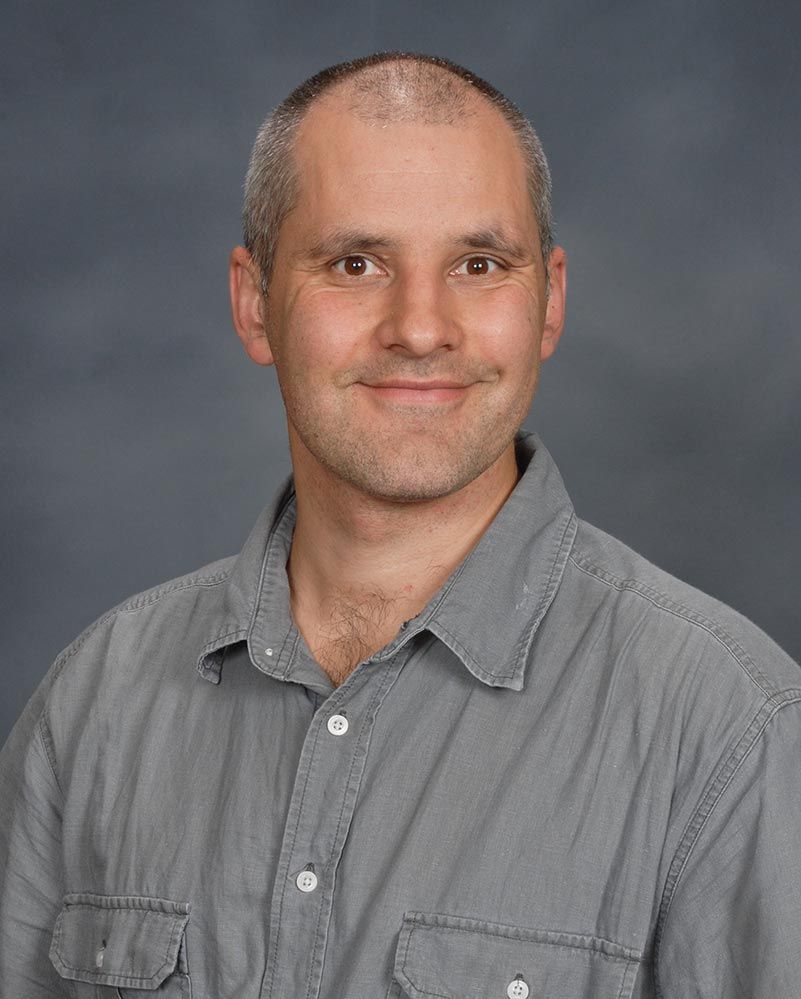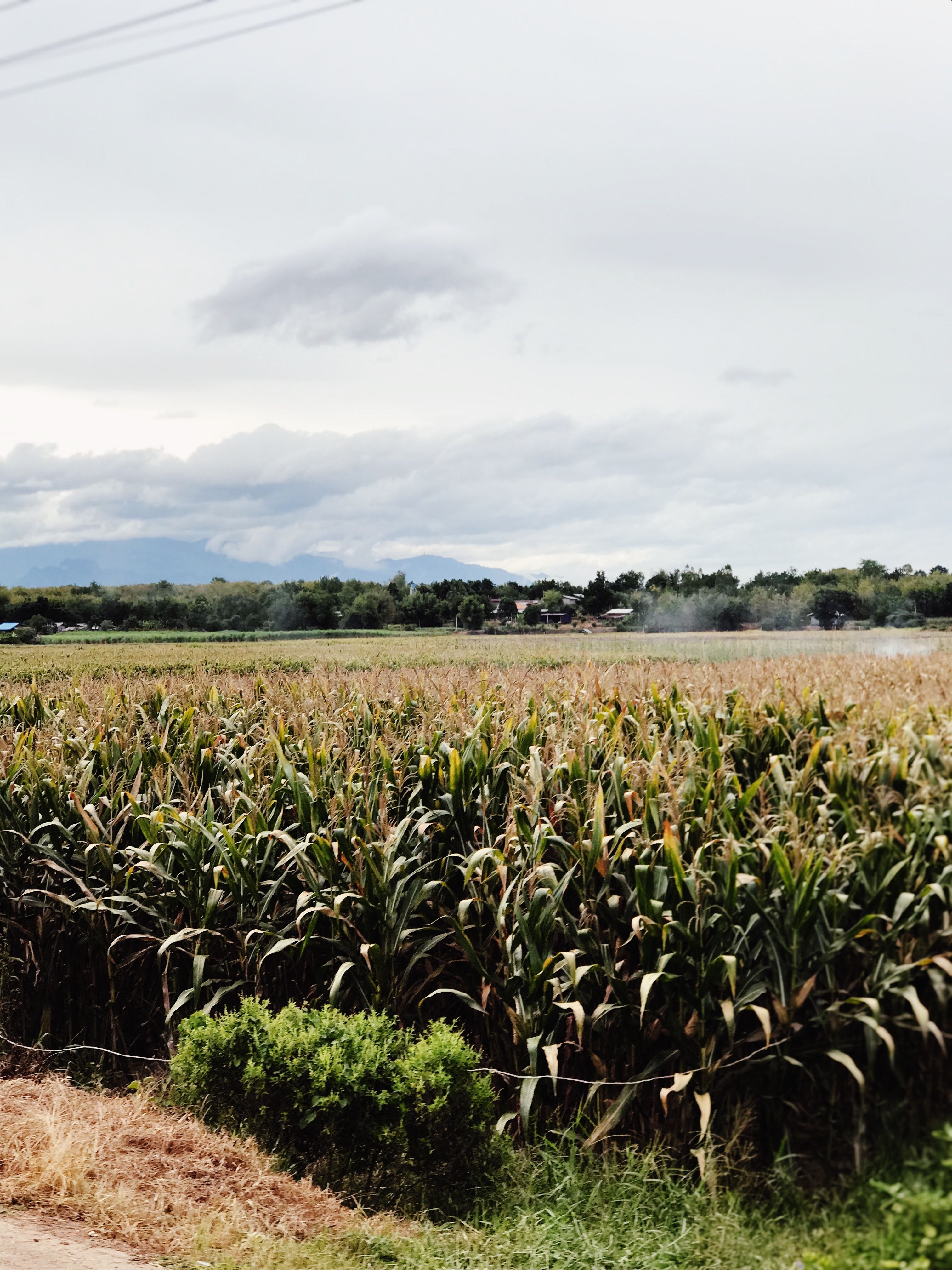The world’s population will continue to grow, but the amount of arable land to feed that population will not.
“So people will continue to add more fertilizers to grow more crops in the same areas,” says Jonas Baltrusaitis, an associate professor of chemical and biomolecular engineering in Lehigh University’s P.C. Rossin College of Engineering and Applied Science, and a recipient of the 2020 ACS Sustainable Chemistry & Engineering Lectureship Award. “You can’t grow crops without fertilizer. It’s just not happening.”
While a boon to harvests, fertilizers exact a toll on the environment. Their production alone is extremely energy intensive and a significant source of greenhouse gases, and when nutrients like nitrogen and phosphorus aren’t fully taken up by plants, they can leach into groundwater and wash into waterways. Excess nutrients can cause eutrophication of water bodies where algal blooms deprive the ecosystem of oxygen, killing wildlife and producing toxins that can harm humans.
It’s a vicious cycle that Baltrusaitis hopes to one day break. He recently received a four-year, nearly $435,000 grant through the USDA’s National Institute of Food and Agriculture (NIFA) for his proposal, “Mechanochemical Synthesis of Nitrogen Efficient Fertilizer Materials.”
NIFA’s Agriculture and Food Research Initiative (AFRI) is the leading competitive grants program for agricultural sciences in the United States. According to NIFA, “AFRI-funded science is vital to meeting food, fiber, and fuel demands as the world’s population races toward a projected 9 billion by 2050 concomitant with diminishing land and water resources and increasingly variable climatic conditions.”
Baltrusaitis’ team has developed a dry mechanochemical synthesis method of a family of urea ionic cocrystals that can serve as functional fertilizers that significantly slow down urea hydrolysis in soil, reduce ammonia emissions, and extend availability of nitrogen to plants. He is combining water soluble urea with various nutrients containing low solubility minerals or even industrial waste, such as drywall gypsum, to improve nitrogen management efficiency.
“We’re re-designing fertilizer materials to be much more stable in the environment,” he says. “If they don’t decompose as fast, they’re available to the plant for longer, so those nutrients are going into the food chain rather than being wasted and damaging the environment.”
The potential impact is global, and the technology is being developed to be easily inserted into existing supply chains, says Baltrusaitis. His ultimate goal is to design nitrogen-efficient novel fertilizer materials that can be used in field trials with local Pennsylvania farmers, where his team can test improvements in yields and emissions.
Coming from the USDA, the award is a unique one for Lehigh, he says.
“And it’s one that will help educate the next generation of engineers as they prepare to address emerging global challenges.
About Jonas Baltrusaitis
Jonas Baltrusaitis is an associate professor of chemical and biomolecular engineering at Lehigh University. He holds a PhD in physical chemistry from the University of Iowa, where he conducted postdoctoral research and served in numerous roles, including adjunct assistant professor and associate director of the Central Microscopy Research Facility. He was an assistant professor of chemical engineering at the University of Twente (the Netherlands) before joining the faculty of the P.C. Rossin College of Engineering and Applied Science in 2014.
Baltrusaitis’ research interests span numerous areas of sustainable catalytic conversion, including: natural gas component catalytic conversion to high value products, biomass catalytic upgrading, sustainable sulfur and phosphorus processing, renewable energy utilization in wastewater processing, low concentration organic wastewater stream treatment, emerging contaminant remediation and environmental catalysis, surface sensitive spectroscopies, and data processing method development.
His research has been funded by the U.S. Department of Energy, National Science Foundation, Pennsylvania Infrastructure Technology Alliance, Defense Logistics Agency, and Department of Defense, among others. His work has been published in high-impact journals such as the Journal of American Chemical Society, Angewandte Chemie International Edition, ACS Catalysis, Applied Catalysis B: Environmental, and Chemical Communications.
Baltrusaitis is a member of the American Chemical Society and AIChE and received a 2020 ACS Sustainable Chemistry & Engineering Lectureship Award for his work in advanced materials science and supramolecular chemistry, applying concepts of sustainable chemistry and engineering to the delivery of more sustainable fertilizers and nutrients.
At Lehigh, Baltrusaitis has been recognized with the university’s Libsch Early Career Research Award (Spring 2018) as well as a P.C. Rossin Assistant Professorship (2017-2019). He currently directs the chemical engineering M.Eng. distance education program and advises numerous PhD students.


